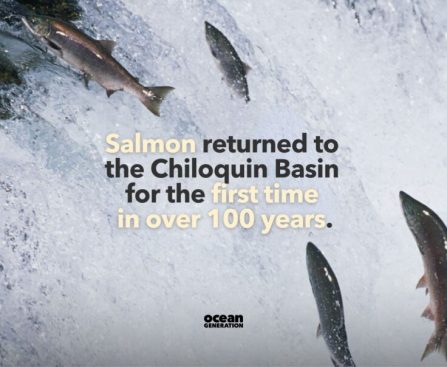Apple has recently refreshed the MacBook Air series with the launch of the M5 variant, boosting its performance and features. A significant enhancement is the addition of a more powerful charger included in the package, representing a notable upgrade from earlier models.
Now, all configurations of the M5 MacBook Air include Apple’s 40W Dynamic Power Adapter, which boasts a maximum output of 60W. This adapter made its debut in September alongside the iPhone 17 Pro, signaling a move towards more effective charging solutions.
In the past, Apple provided either a 30W USB-C Power Adapter or a 35W Dual USB-C Port Compact Power Adapter, depending on the particular configuration of the MacBook Air. With the new M5 model, buyers can select either the standard 40W adapter or opt to upgrade to the 35W Dual USB-C Port Compact Power Adapter for an extra $20. Alternatively, there is the option for the 70W USB-C Power Adapter for an additional $20, which allows for fast charging, enabling the device to reach up to 50% charge in just 30 minutes.
Although Apple sells these power adapters separately, the bundled option with the M5 MacBook Air offers a more beneficial choice for customers, ensuring they receive a charger that aligns with the heightened performance of the new device.
For those keen on the newest features and specifications of the M5 MacBook Air, additional information can be found in the complete coverage of the announcement.











